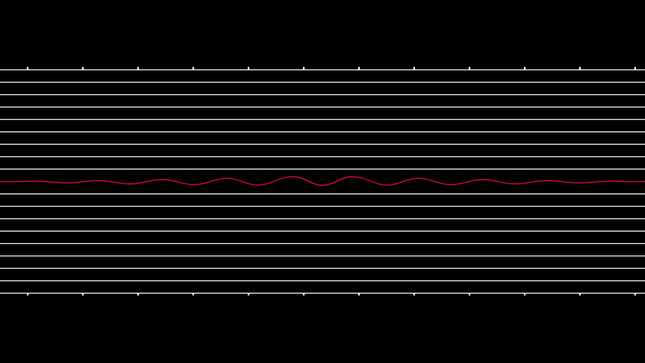

The fight for abortion rights is a question of language as much as it is about laws. To anti-abortion activists, a fetus at any stage of development is a baby and a person obtaining or performing an abortion is a murderer. And while such language is out of touch with majority sentiment—most Americans are pro-choice and have a range of complex feelings about abortion—it often shapes how the procedure and the laws surrounding it are covered by the media and discussed in our every day lives.
Take the recent spate of early abortion bans, which have been commonly dubbed “heartbeat bills,” a term pushed by anti-abortion activists and Republican legislators and repeated endlessly in reporting about the bans, including by Jezebel.
But the term “heartbeat bill” and all that it conjures—the image of a baby with a beating heart—is misleading and unscientific, according to the American College of Obstetricians and Gynecologists. Which is why the pick up feels so insidious—we use the language because it’s what’s in front of us, and no number of “so-called”s in front of the term “heartbeat bill” can distract from the fact that it’s still a narrative shorthand meant to weaken abortion rights. But it’s time to take the narrative back, to stop describing these bans as “heartbeat bills” and describe them as what they are—arbitrary and punitive six-week abortion bans.
As Dr. Ted Anderson, the president of the American College of Obstetricians and Gynecologists, told the Guardian, “Arbitrary gestational age bans on abortion at six weeks that use the term ‘heartbeat’ to define the gestational development being targeted do not reflect medical accuracy or clinical understanding.”
Anderson continued: “Pregnancy and fetal development are a continuum. What is interpreted as a heartbeat in these bills is actually electrically induced flickering of a portion of the fetal tissue that will become the heart as the embryo develops.”
What that means, plainly, is that there is no heartbeat. The emotional narrative, invoked by rightwing politicians and anti-abortion activists only to be repeated widely in the press, is a distortion in service of a political end.
Dr. Catherine Romanos, a family physician and abortion provider in Ohio, underscored Anderson’s point.
Calling the embryo’s cardiac flutter a “heartbeat,” she said, is tantamount to pseudoscience—and capitulation to the efforts of Republicans and anti-abortion activists who have forced their language into the mainstream. And that language has consequences, she shared. In Ohio, “they’ve backed us into a corner, where we have to use the word ‘heartbeat’ and the phrase ‘unborn human individual,’” Romanos said, referring to a 2013 provision that was included in the state’s budget that required doctors to look for a “fetal heartbeat” before performing an abortion; if one is detected, they must inform the person seeking an abortion and give them the option of viewing or listening to the “heartbeat.” “Both of those terms aren’t medical or scientific terms,” she added.
ACOG too, Anderson said, “does not use the term ‘heartbeat’ to describe these legislative bans on abortion because it is misleading language, out of step with the anatomical and clinical realities of that stage of pregnancy.”
Romanos agreed. “I think what we need to be saying to people is that we cannot accept a ban on abortion at arbitrary points along the pregnancy, because these are arbitrary points,” Romanos said to Jezebel. “It’s arbitrary whether I see a cardiac flutter today or I do tomorrow. Or whether it’s the first trimester or the second trimester, or 20 weeks and 20 weeks and one day.”
But more fundamentally, the rightwing creep in mainstream discourse around abortion attempts to erase the pregnant person—their rights, their bodily autonomy, their personhood—in service of a narrative that focuses singularly on an embryo. It’s an erasure that the press all too often participates in. And we know all too well what the consequences of that complicity have been.